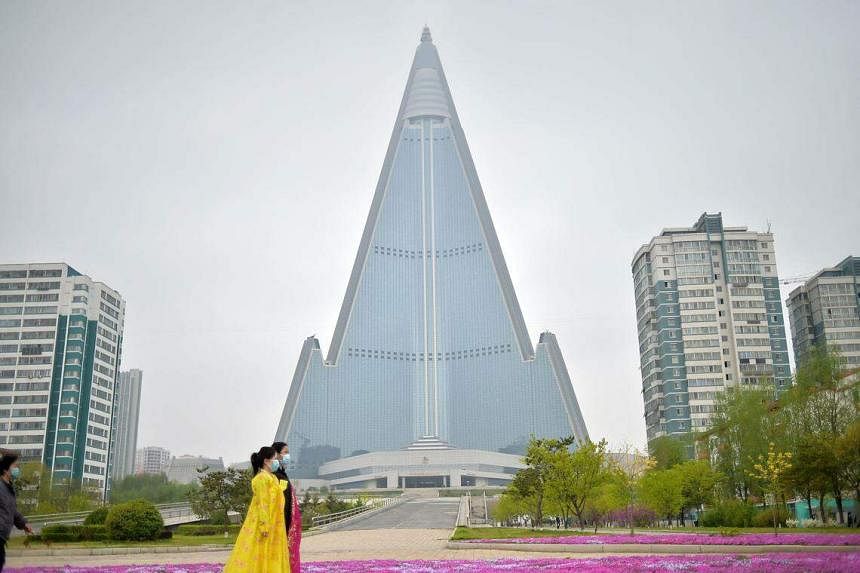Global Courant 2023-05-01 04:37:00
SEOUL – Like South Korea, North Korea is experiencing disappointing deliveries. The cause, however, is very different: famine and continued economic hardship.
The communist state’s total fertility rate, the average number of children a woman gives birth to in her lifetime, will be 1.9 in 2022, according to a report entitled “State of World Population 2022” published by the United Nations Population Fund.
The figure was higher than the South’s 0.78 estimated the same year.
But it still remains below the replacement level of 2.1, which would keep the population steady at just under 26 million, the report said.
North Korea saw a gradual decline in births after a catastrophic famine in the mid- and late-1990s, in which about 2 million people reportedly died of starvation.
Declining fertility rates led to an aging population.
The number of North Koreans aged 65 and older was 9.75 percent last year, up 0.1 percentage points from a year earlier, data from the US Central Intelligence Agency showed.
This makes North Korea an “aging society” where the proportion of the population over the age of 65 is above 7 percent.
Low birth rates and rapidly aging populations are a concern for the regime in the North as a shrinking workforce could take its toll on the country’s labour-intensive industries.
According to DPRK Today, a North Korean propaganda website, the country has introduced multiple policies to encourage more births, focusing on cash benefits and affirmative action.
It says mothers of three or more children are entitled to priority in receiving medical treatment at local hospitals, as well as government subsidies until their youngest child graduates from high school at age 17.
They may also apply for “free” childcare leave if their children are 17 or younger, according to the website.
North Korean observers in the South tend to downplay the effectiveness of pro-natal policies.
This is due to the country’s poor educational conditions which have worsened in recent years due to global sanctions on its nuclear and missile programs, adverse weather conditions and border closures due to the Covid-19 pandemic.








